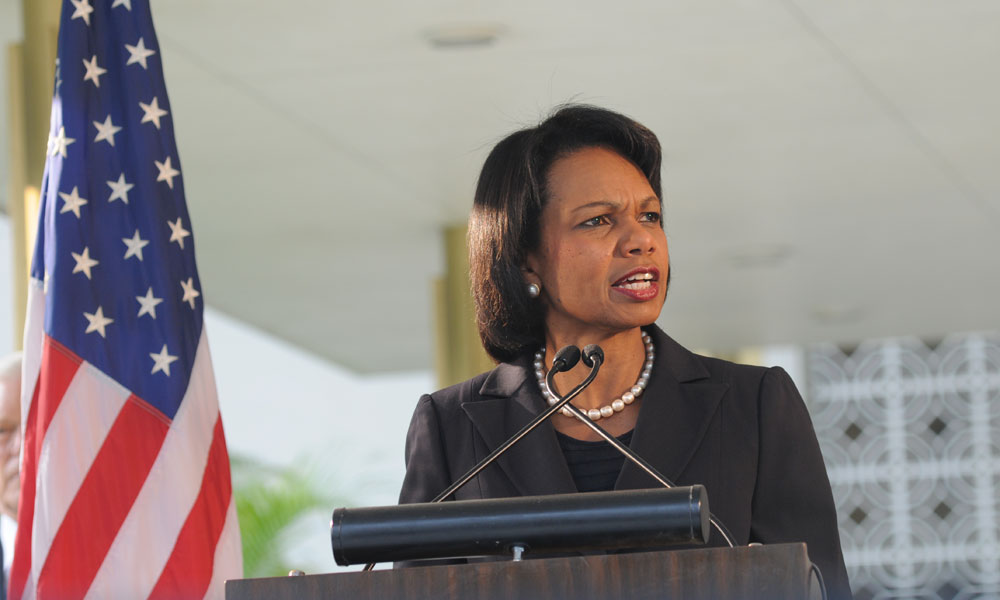
Commencement Controversy: How to Handle a Hot-Button Keynoter
Inviting a conference speaker with beliefs that differ from your members’ is a great way to provoke thoughtful conversation. For the appearance to be a success, though, there has to be buy-in and support throughout the organization.
Commencement controversies have been generating a lot of buzz this graduation season. High-profile names like former Secretary of State Condoleezza Rice and International Monetary Fund chief Christine Lagarde backed out of invitations to speak at Rutgers University and Smith College, respectively, after students and faculty at each campus protested their appearances.
Music mogul Sean “Diddy” Combs and New Jersey Governor Chris Christie were also the subject of protests at Howard University and Rowan University, though both went through with their scheduled appearances last week.
According to research by the Foundation for Individual Rights in Education, since 1987 there have been 145 instances of commencement speakers withdrawing their names, having an invitation revoked, or inciting a protest—and 100 of those have come in the last five years.
According to Tracy Petrillo, CAE, chief learning officer at Educause, part of the blame for the sharp rise in this trend could be put on the shoulders of social media.
Opposing voices “come out a lot quicker now and get broadcasted all over the internet,” she said. “It’s not as easy for [a speaker] to control the messaging, so if a speaker feels that they’re going to get a lot of negative press from making an appearance, they’re not going to do it.”
Associations that bring in potentially controversial conference keynote speakers can market them in a way that lets members know someone is being invited to challenge their thinking, said Petrillo.
“The intent could be not that the association is ignoring that this person has different opinions or [may] be at odds with some members’ opinions, but they can take a position to say, ‘We’re inviting this speaker to stretch our thinking, to have a great dialogue and debate after the session, and to stimulate different views,’” she said.
Such a plan needs full support from the get-go throughout the organization, she said. “The choice has to be decisive, and the comfort level has to be there to backup the decision. Everyone—from the senior executive leadership to staff to the board of directors to the planning committee—has to be prepared to dig their heels in to drive the messaging home and defend the selection.”
Another priority is crafting a speaker contract that protects the organization.
“From the beginning, you have to have a conversation with the speaker’s bureau or representative to define what are the criteria that may come up for cancelation,” she said. “If they don’t have to give any reason for canceling, that really puts the association at risk.”
Has your association ever invited a controversial figure to present at a conference? How did your members react, and was the event successful? Share your story in the comments.
Former Secretary of State Condoleezza Rice recently canceled a commencement speech at Rutgers University in the wake of protests. (photo via U.S. Embassy New Delhi/Flickr)






Comments